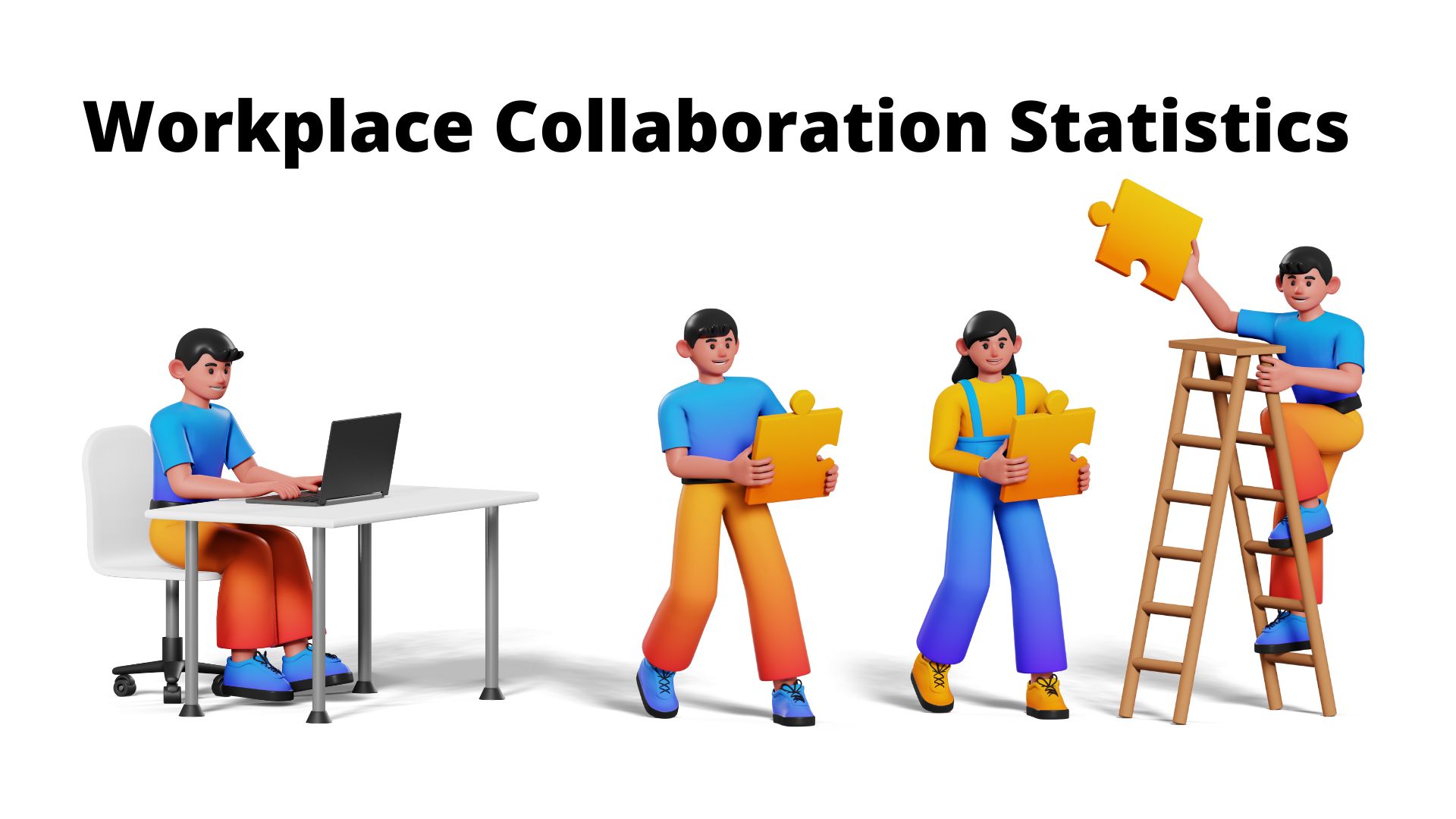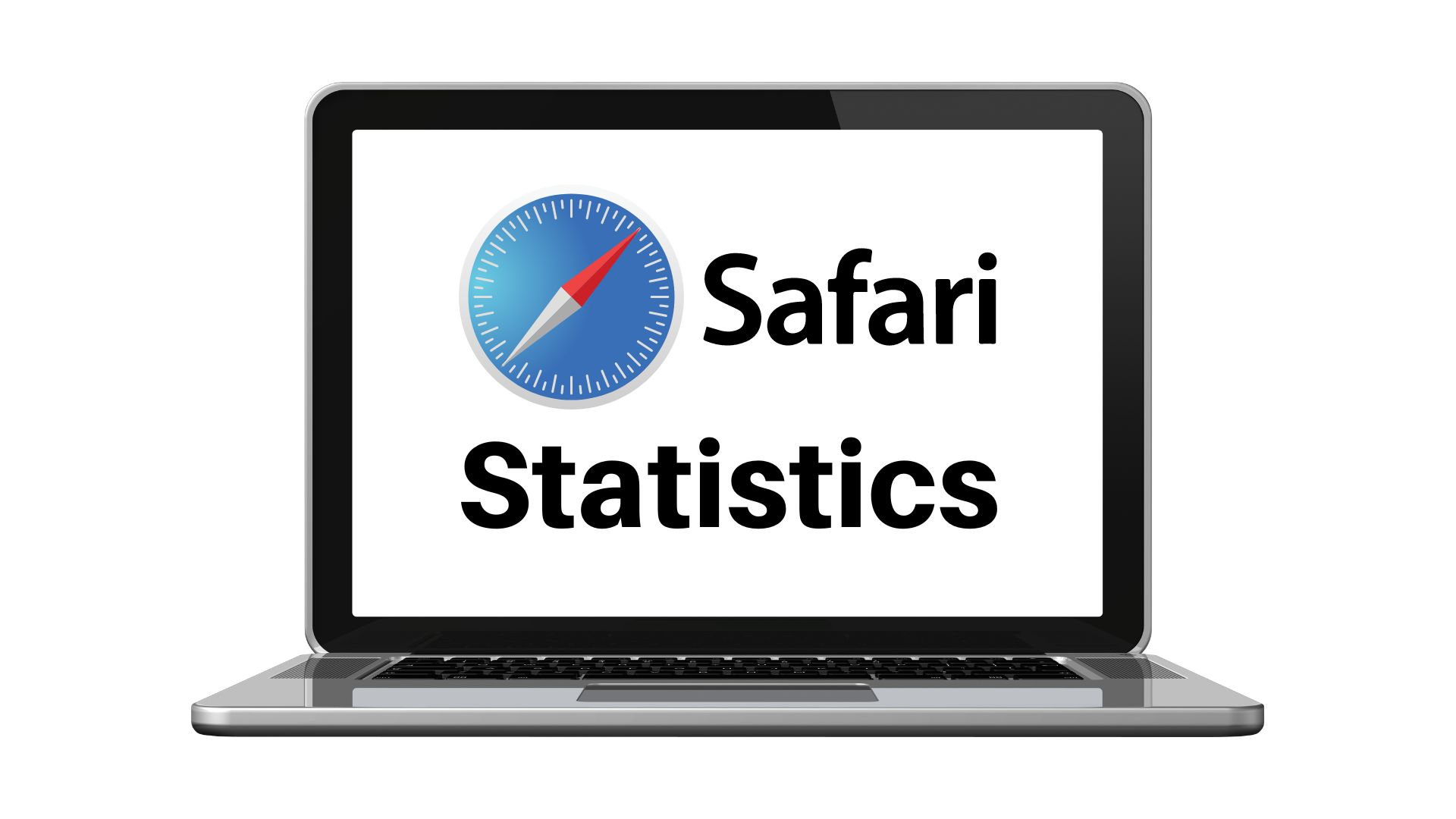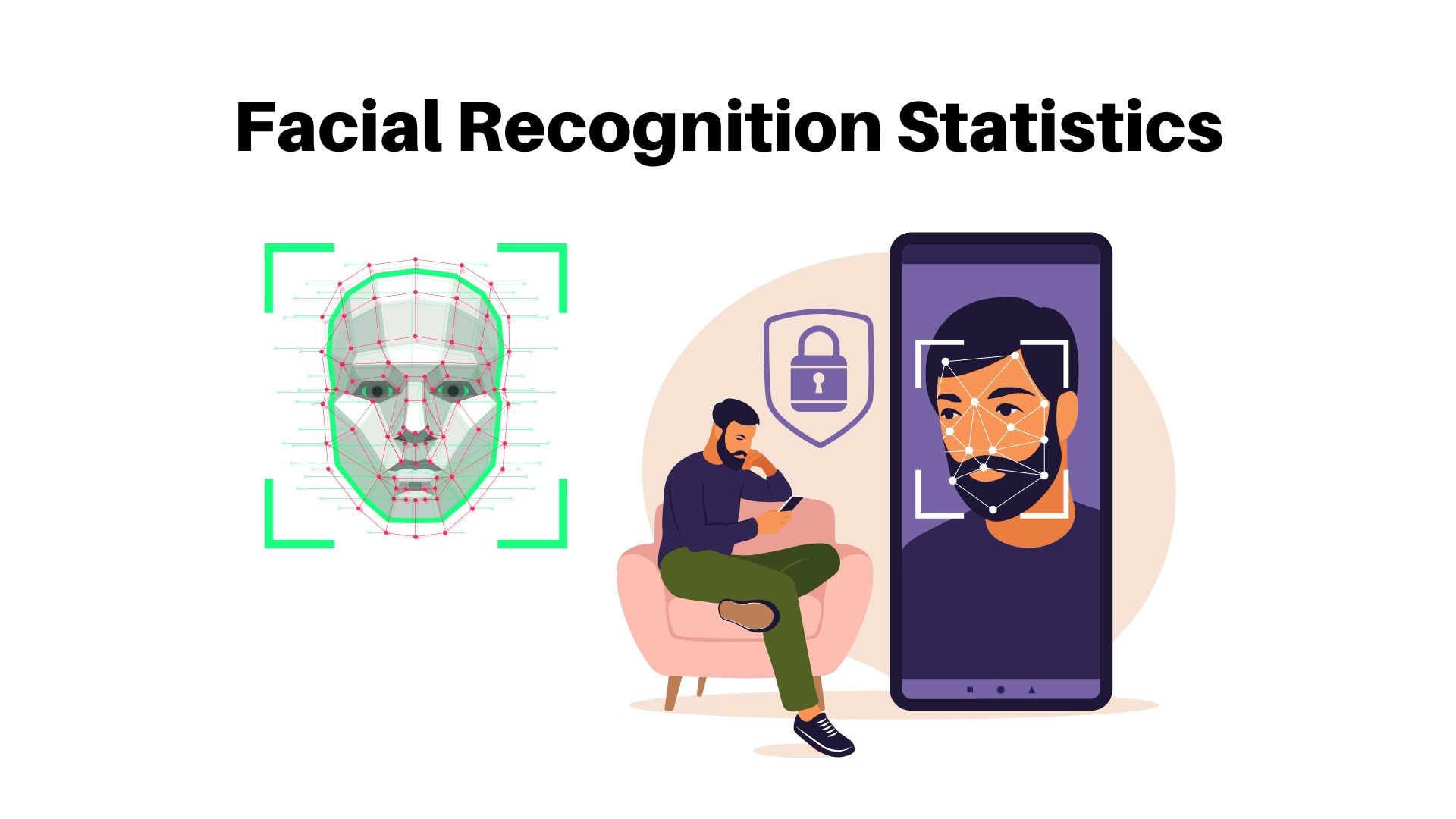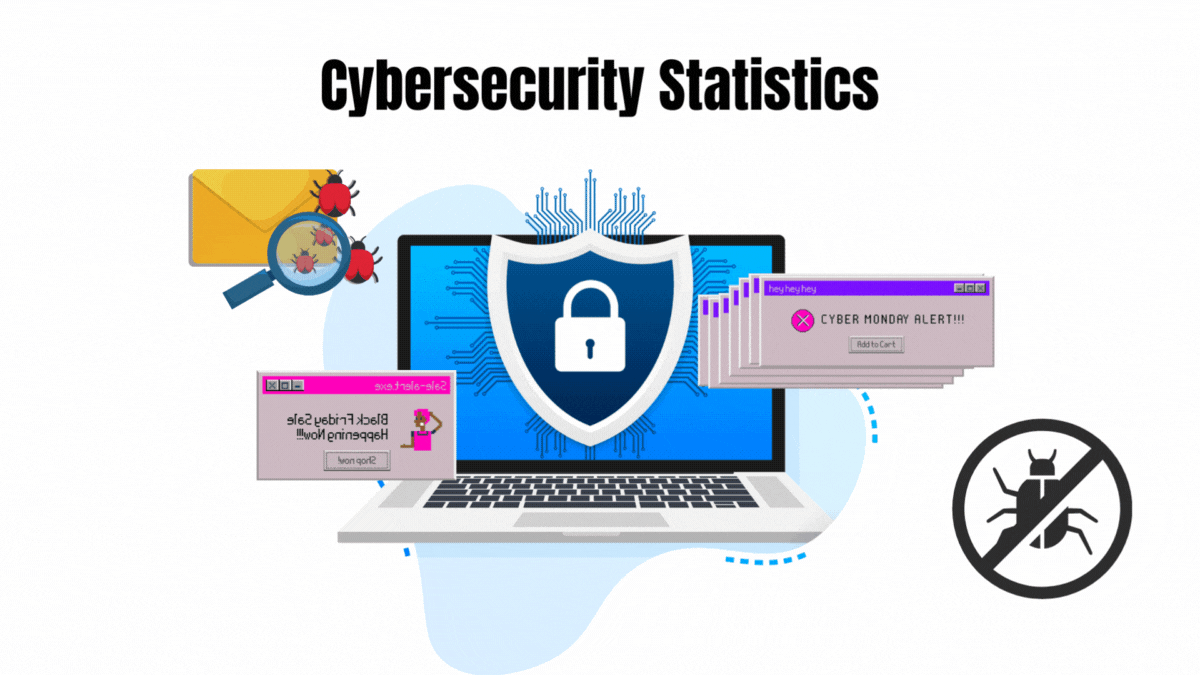Oracle, SAP: Upward Bound
The fight for retail software player Retek marks a new phase in competition between SAP and Oracle : the battle for vertical markets.Analysts suggest Oracle's winning bid for the Minnesota-based retail software provider is only the tip of the iceberg when it comes to potential mergers and acquisitions(M&A) in the next 12 months.
With most of the horizontal players well established, a random sampling of analysts interviewed by internetnews.comfound both SAP and Oracle will continue to look at vertical channels, specialty companies and start-ups to fuel their growth in the enterprise resource planning (ERP) marketplace.
“Customers are looking for a leg up now that they have the core office nailed down,” Josh Greenbaum, a principal analyst with Enterprise Applications Consulting, said. “The real competitive advantage will come from tweaking the dials. Keep in mind, we are seeing the battle ground shift to the M&A market itself where Oracle and SAP are battling over acquisitions. Every purchase by either company will be seen as competitive.”
Greenbaum said the Oracle/SAP competition has similar overtones to that of SAP's strugglewith IBM, where start-ups and vertical plays Trigo and A2i were caught in the crossfire.
“Oracle is buying a strategic position more than new customers,” Phil Fersht, vice president of research at Yankee Group, said. “This was a defensive move to inhibit SAP's progress. If I were coaching a potential Retek customer, I'd recommend that they not panic, but see what Oracle does with the product, and evaluate other options.”
High Stakes Deal
Of the two companies, Oracle had a lot more to lose in this deal, analysts said. By acquiring Retek, Oracle saved itself from losing maintenance and license revenue to SAP.
The estimated $630 million deal also lets Oracle pursue additional retail firms as customers in the future. Another concern was that 80 percent of Retek customers are already Oracle customers, which would have taken considerable time and effort and major product migrations on the part of Retek users to re-architect the Retek product onto SAP's NetWeaver platform.
Still, Martin Schneider, an analyst with the 451 Group, finds it curious that Oracle found it necessary to spend more than $600 million to, “essentially retain its own customers.”
“They are basically paying money to keep their assets in their control,” Schneider told internetnews.com. “What Oracle has to do now is make this valuable enough to attract new customers by building tighter integration between front-end and back-end systems.”
A reportearlier this month from AMR Research suggests that retail customers are demanding better interfaces, more embedded analytics, tighter supplier collaboration and transparent multi-channel execution.
Yankee Group analyst Mike Dominy said Oracle should have no problem with listening to customers or integration, considering the last two years it spent bringing PeopleSoft and J.D. Edwards onboard.
“Enterprise buyers view partnerships and strategic alliances with suspicion,” Dominy said. “When a large vendor such as Oracle acquires a smaller vendor such as Retek, enterprises recognize the commitment to the smaller vendor's products and/or market segment. In this case it signals a commitment to the retail market and the products.”
SAP Committed to Retail
Even though SAP said it will no longer compete with Oracle's bid for Retek, SAP CEO Henning Kagermann said his company has 2,400 customers in the retail industry and is committed to supporting each one.
In a statement issued Tuesday, the company noted that some of the industry's best-known retail brands run SAP, such as J. Crew, The Body Shop, JoAnn Stores, Tractor Supply and The Limited Inc.
“It will be interesting to see what SAP's next move will be in terms of M&A and to see how they are committed to expanding their reach in the retail space,” Schneider said. “Will they begin to look at other vertical areas — including life sciences, manufacturing, financial services — as possible opportunities for growth? Or will SAP stay focused on retail, attempting to grab any incremental partners Oracle may have expected to gain? This would reiterate the notion that Oracle simply paid a high premium just to retain existing customers.”
Schneider even points out that SAP may be toying with Oracle, forcing its rival to invest M&A resources to prevent SAP from getting an upper hand. This is where names like Siebel and Lawson begin resurfacing as possible acquisition targets by either SAP or Oracle.”For SAP, Lawson would be a major win because, instead of just one vertical with Retek, they would acquire three: health care, government, retail,” Schneider said. “Lawson is in a tough area with constant ebbs and flows in business that depend on the next version of its software to grow. They would be a good acquisition for an international ERP like SAP.”
Yankee Group's Dominy dismisses any idea that SAP had an ulterior motive in backing off of the Retek bid in favor of another acquisition. But the analyst does subscribe to the theory that SAP made the move on Retek to elicit a response from Oracle.
“SAP benefits by either acquiring a valuable asset in the retail applications market or forcing Oracle to spend more money sooner to buy Retek,” Dominy said. “In a way, Oracle and SAP both benefit.
“I do not believe the acquisition of Retek precludes Oracle from making a play for a vendor such as Lawson or even Siebel. The question is more about timing and Oracle's ability to pull off another acquisition in the short term. Siebel would be tougher to acquire in the short while Lawson would be an easier target. Lawson's market cap is at $577 million while Siebel's is at $4.5 billion.”
You can read more about Oracle ERP here.

Michael Singer is a career coach, podcast host, and author to help you step into a career you're excited about. Currently, He is a coach and trainer helping entrepreneurs and executives achieve business and leadership success. He is also an award-winning business journalist focused on the intersection of technology, Big Data, Cloud, SaaS, SAP, and other trending technology.



